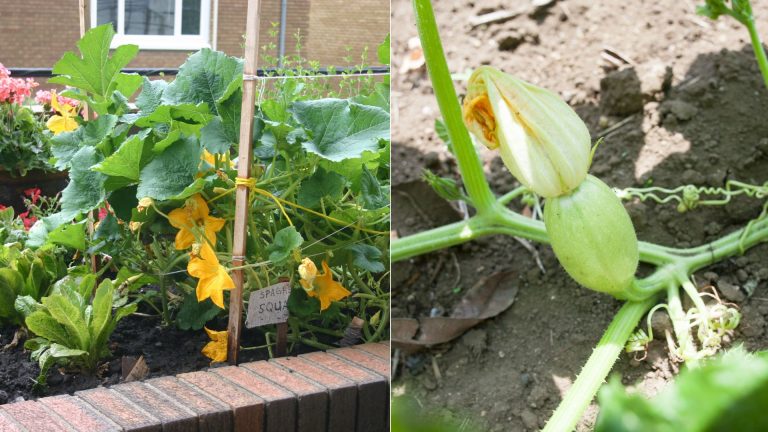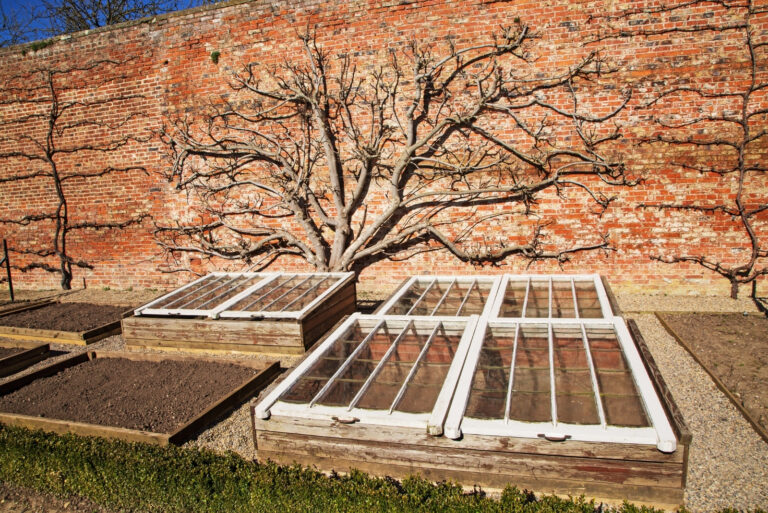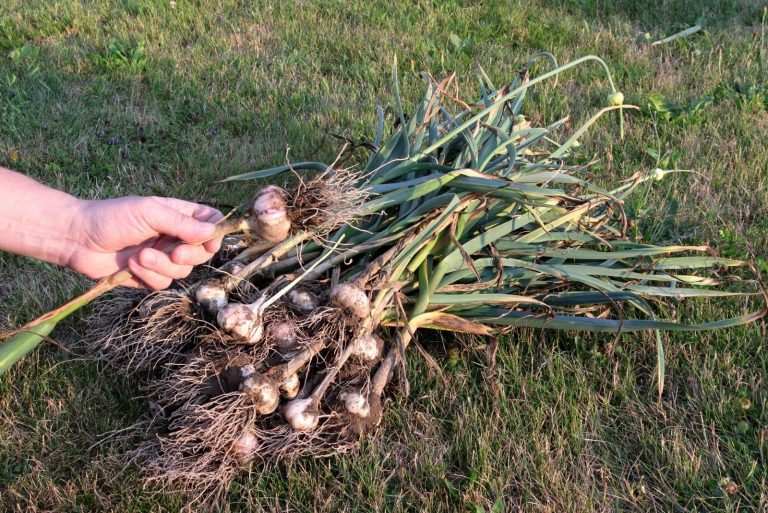7 Reasons Gardeners Should Mulch Before Thanksgiving In Oregon
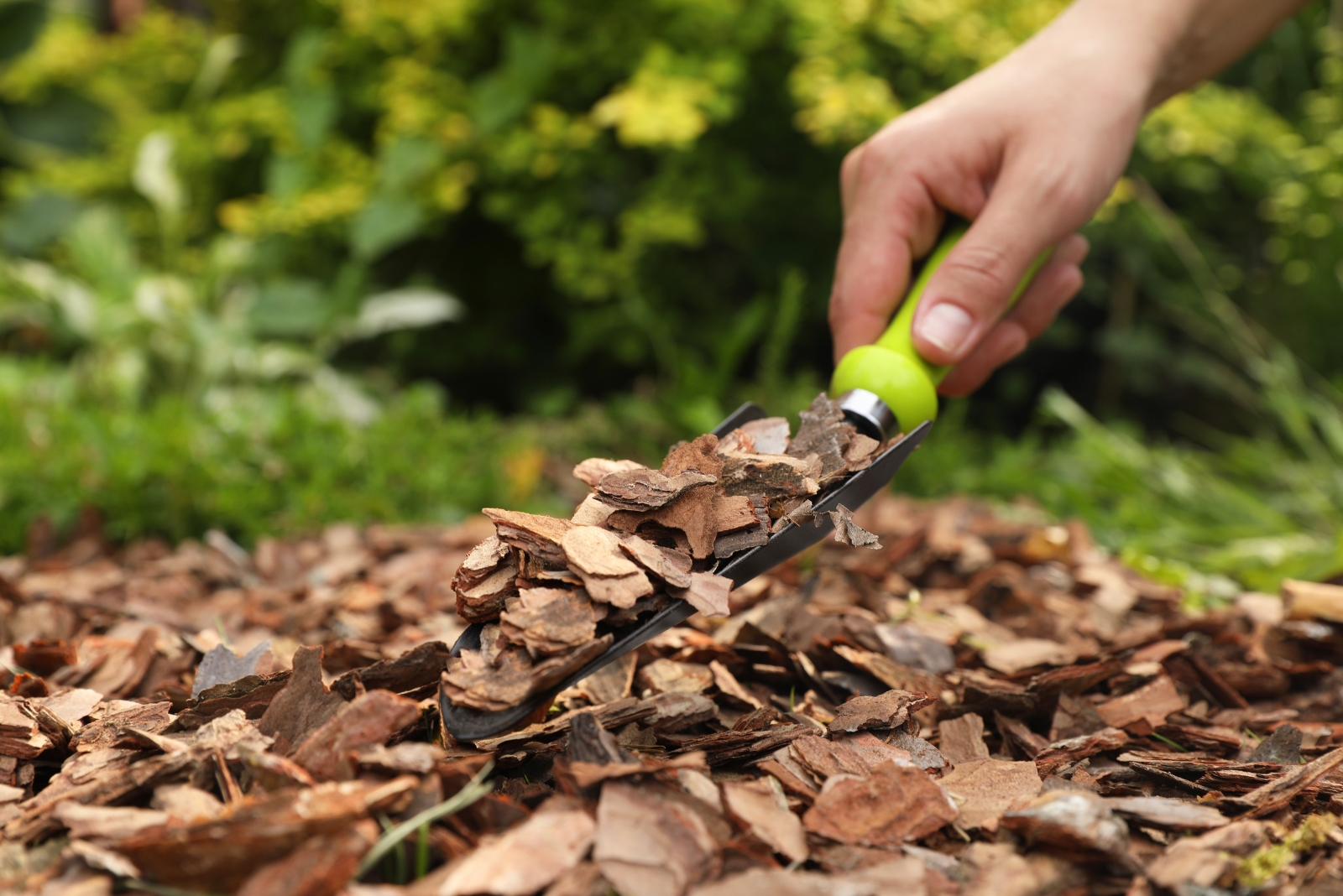
Oregon gardeners, Thanksgiving isn’t just about turkey—it’s the perfect time to think about your garden too. Mulching now can protect plants, improve soil, and save you work later.
I’ve rounded up seven reasons why adding mulch before the holiday makes a big difference. Your Oregon garden will stay healthy, cozy, and ready for winter.
1. Protects Plant Roots from Freezing Temperatures
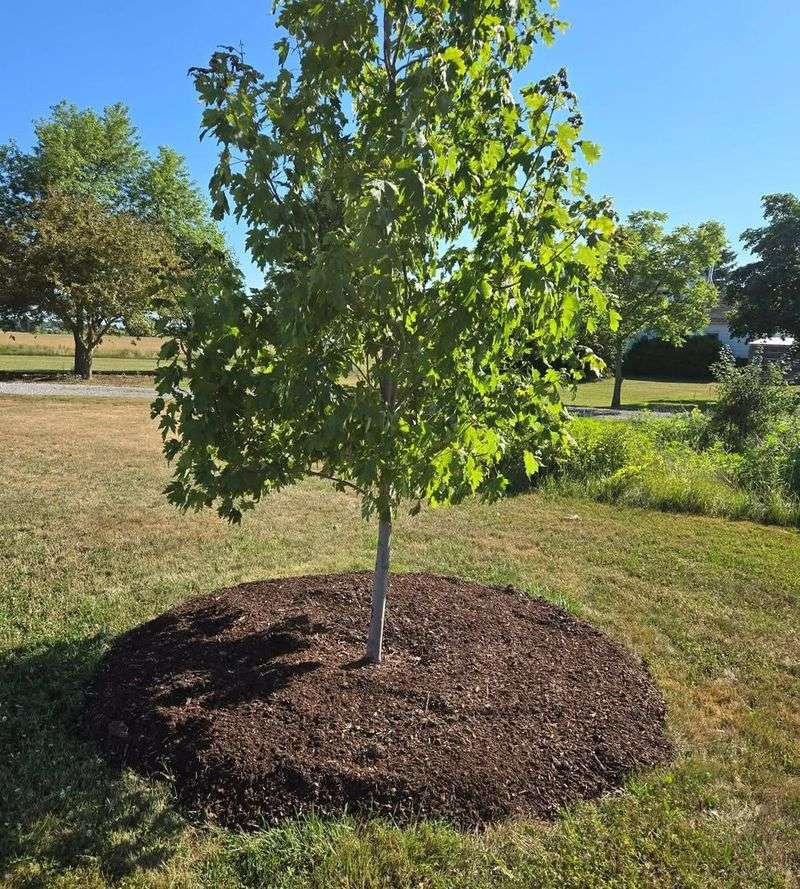
Cold snaps can hit Oregon gardens hard, especially when temperatures drop suddenly in late fall. A thick layer of mulch acts like a warm blanket for your plant roots, keeping them insulated from freezing soil.
Without this protection, tender perennials and young plants might not survive winter. Oregon’s unpredictable weather makes mulching essential for gardeners who want healthy plants come springtime.
Apply 2-4 inches of organic mulch around your plants for best results.
2. Reduces Soil Erosion During Rainy Season
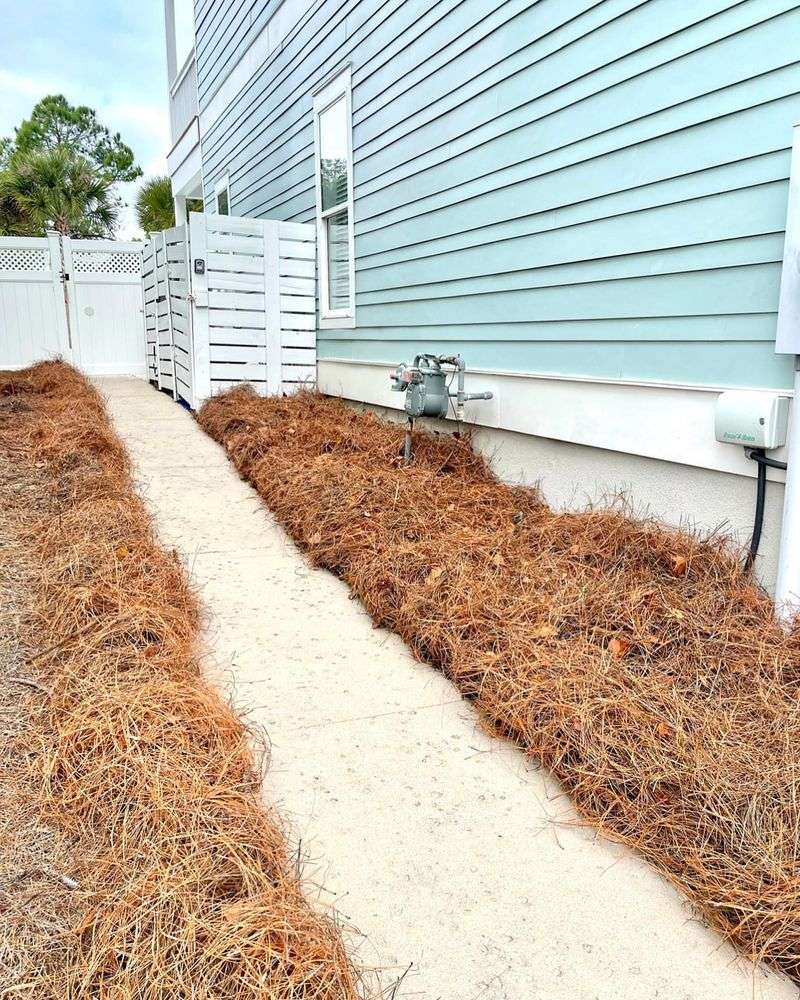
Oregon’s famous rainy season arrives right after Thanksgiving, bringing heavy downpours that can wash away valuable topsoil. Mulch creates a protective barrier that absorbs rainfall impact and keeps soil firmly in place.
Gardens on slopes or hillsides especially benefit from this erosion control. Your garden beds will maintain their shape and nutrient-rich soil throughout winter storms.
Wood chips or shredded bark work wonderfully for preventing erosion in Oregon landscapes.
3. Suppresses Winter Weeds Effectively
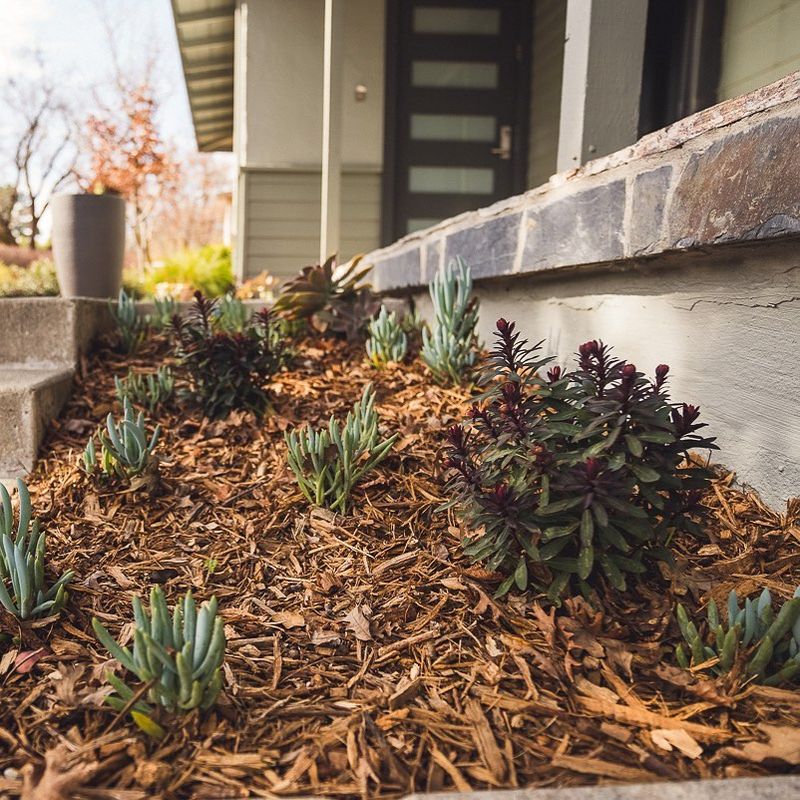
Weeds don’t take a vacation just because it’s cold outside! Oregon’s mild winters allow many weeds to germinate and grow when you’re not watching.
A proper mulch layer blocks sunlight from reaching weed seeds, preventing them from sprouting in the first place. You’ll spend less time pulling weeds and more time enjoying your garden.
Applying mulch before Thanksgiving gives you a head start on weed control for the entire winter season in Oregon.
4. Maintains Consistent Soil Moisture Levels
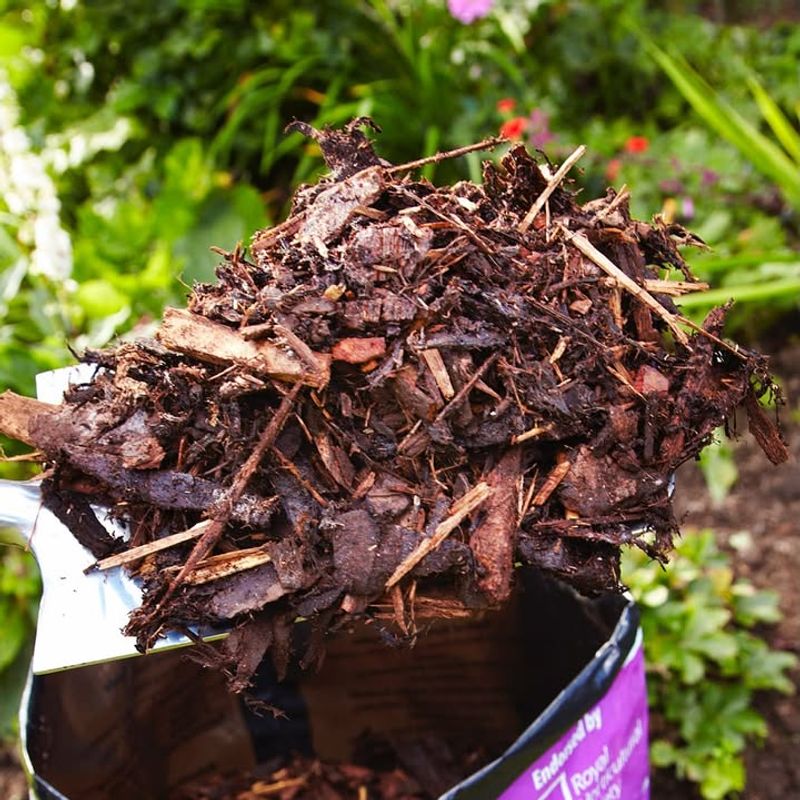
Even with Oregon’s abundant rainfall, soil moisture can fluctuate wildly between storms and dry spells. Mulch regulates moisture by reducing evaporation and helping soil retain water more effectively.
Your plants won’t experience the stress of alternating between waterlogged and bone-dry conditions. Consistent moisture means healthier root systems and stronger plants.
This balance is particularly important for evergreens and winter vegetables growing in Oregon gardens throughout the cold season.
5. Enriches Soil as Organic Matter Breaks Down
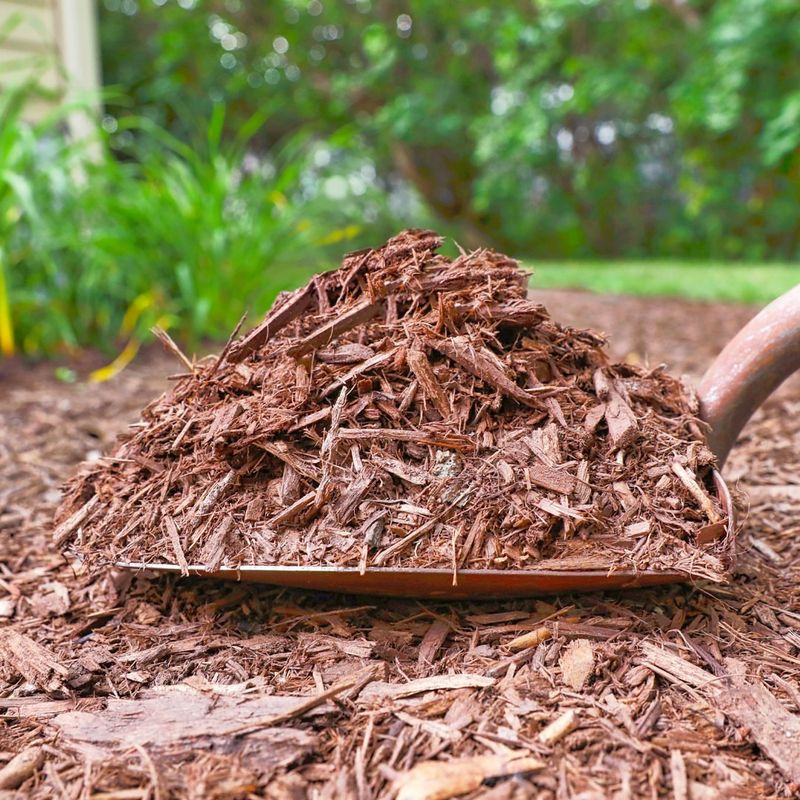
Organic mulches like leaves, straw, or compost gradually decompose over winter, feeding your soil with valuable nutrients. Beneficial microorganisms break down the mulch, creating rich humus that improves soil structure.
By spring, your Oregon garden soil will be darker, crumblier, and more fertile than before. Plants grow stronger in enriched soil with better drainage and nutrient availability.
Starting this process before Thanksgiving gives decomposition plenty of time to work its magic.
6. Prevents Frost Heaving of Perennials
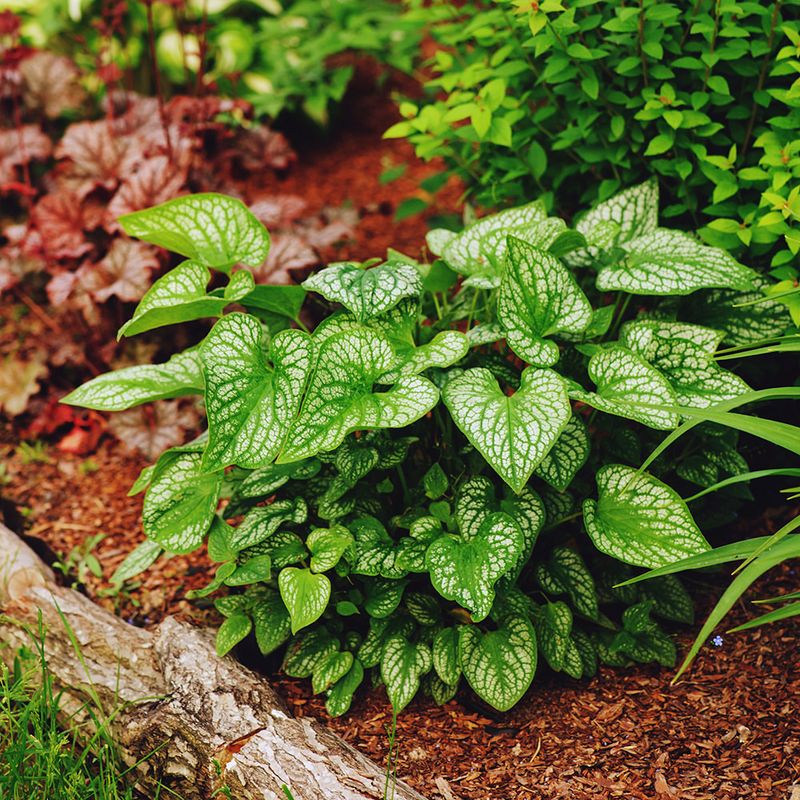
Frost heaving happens when soil repeatedly freezes and thaws, pushing plant roots right out of the ground. Oregon’s fluctuating winter temperatures create perfect conditions for this damaging phenomenon.
Mulch stabilizes soil temperature, preventing the freeze-thaw cycles that cause heaving. Your perennials stay safely anchored in the ground all winter long.
Strawberries, hostas, and other shallow-rooted plants particularly appreciate this protection in Oregon gardens during unpredictable winter weather patterns.
7. Saves Time and Money on Spring Preparation
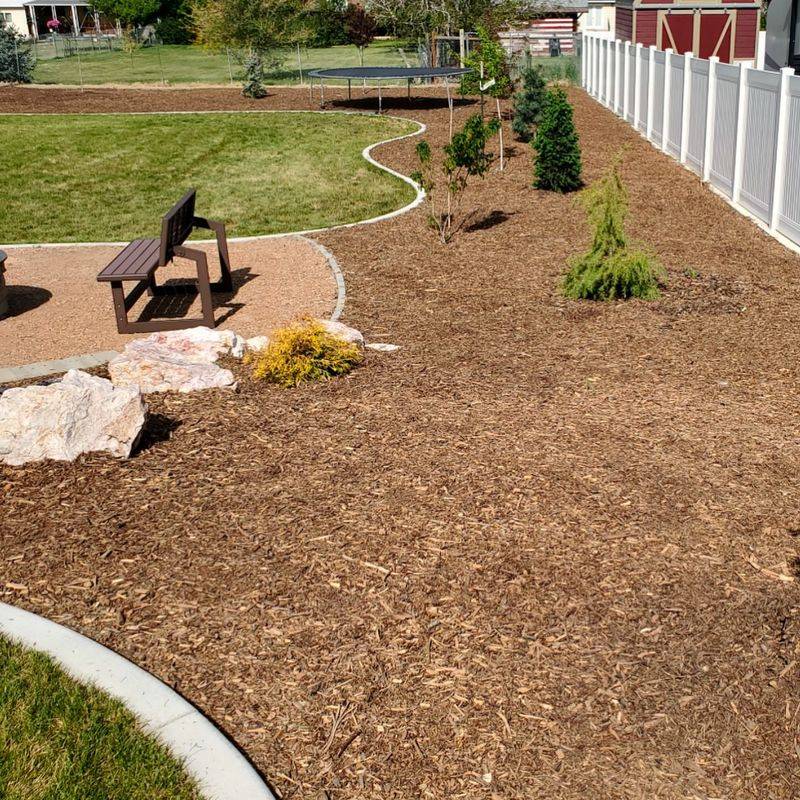
Getting ahead of garden tasks means less scrambling when spring planting season arrives in Oregon. Pre-Thanksgiving mulching eliminates the need for major soil amendments later because your soil stays protected and enriched.
You’ll skip expensive fertilizers and soil conditioners since organic mulch does double duty. Plus, healthy overwintered plants need less replacement and intervention.
Smart Oregon gardeners know that fall mulching pays dividends when warmer weather returns and gardens burst back to life.


